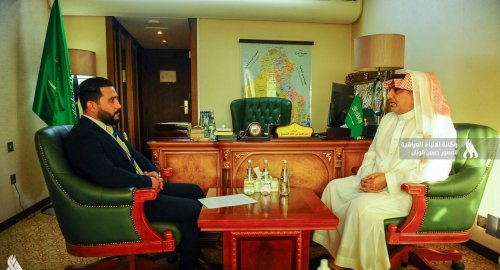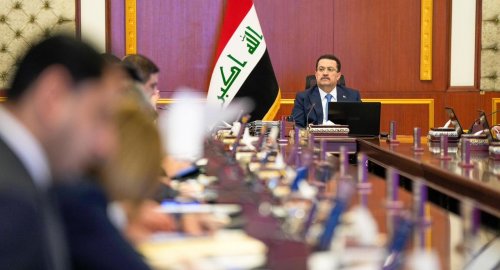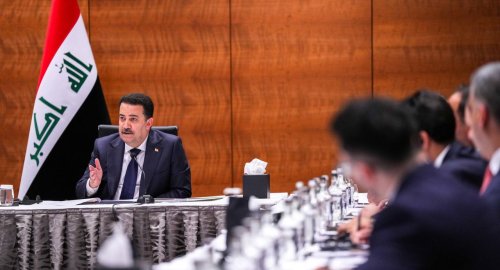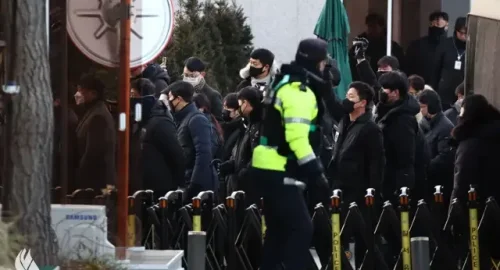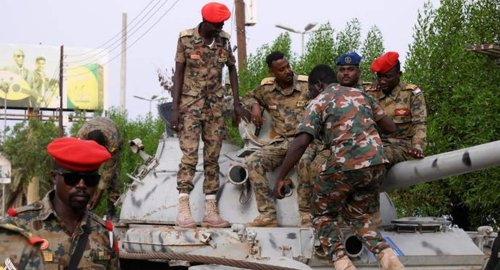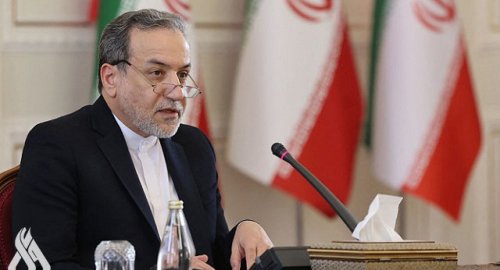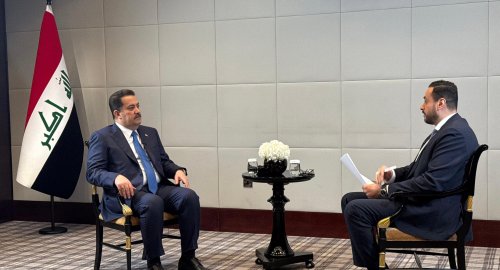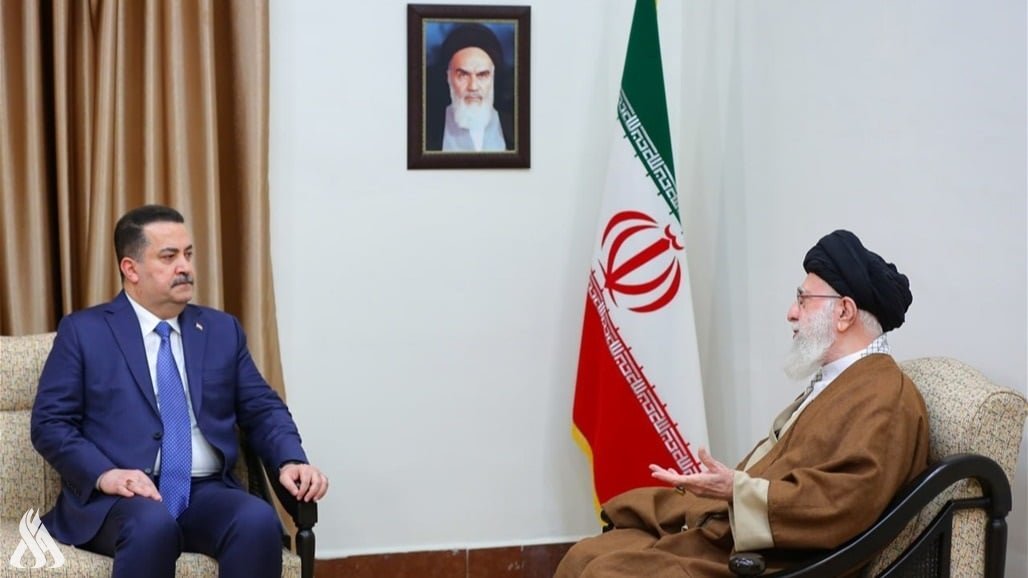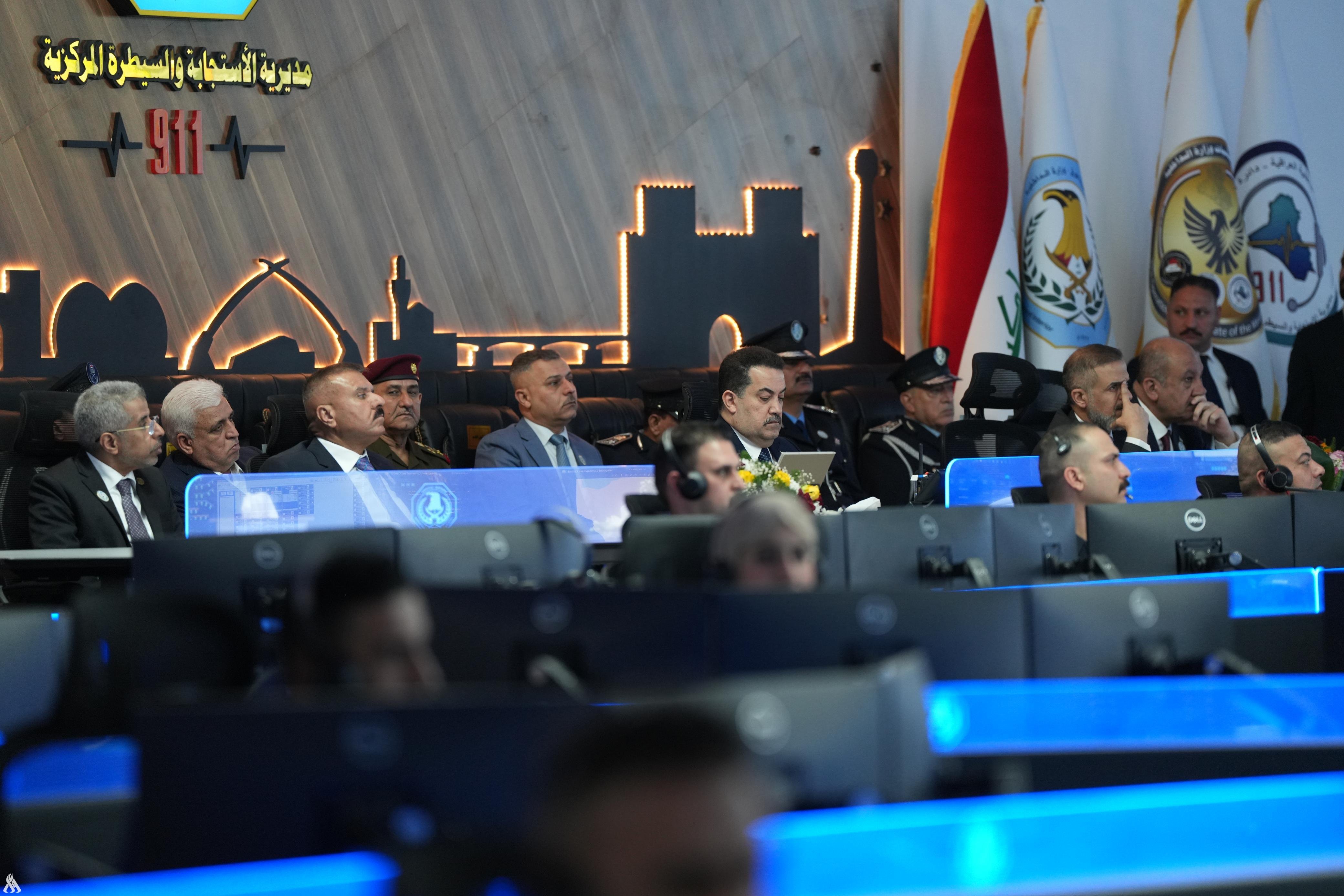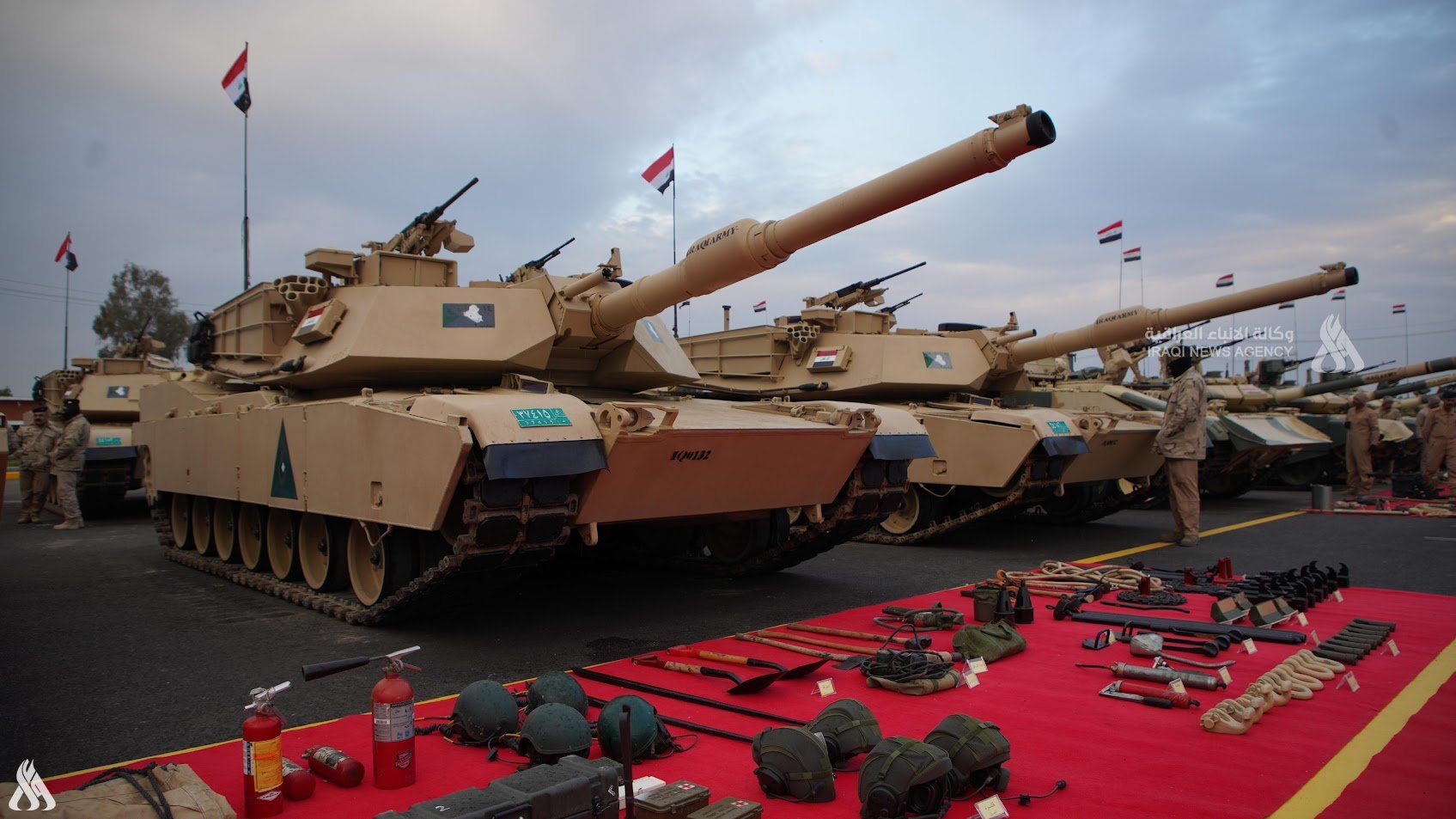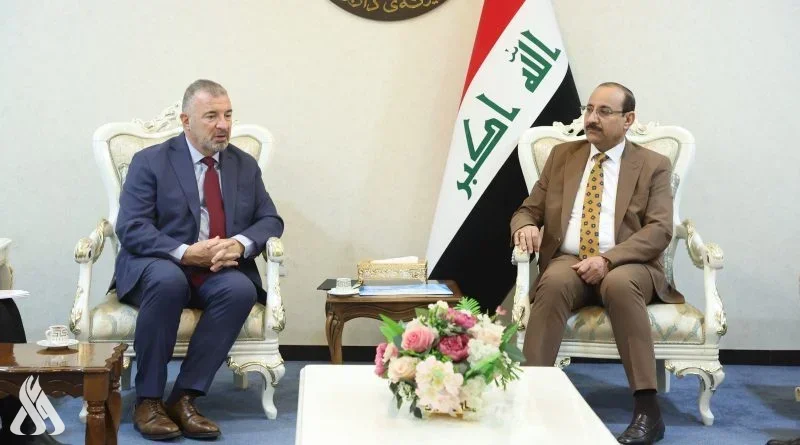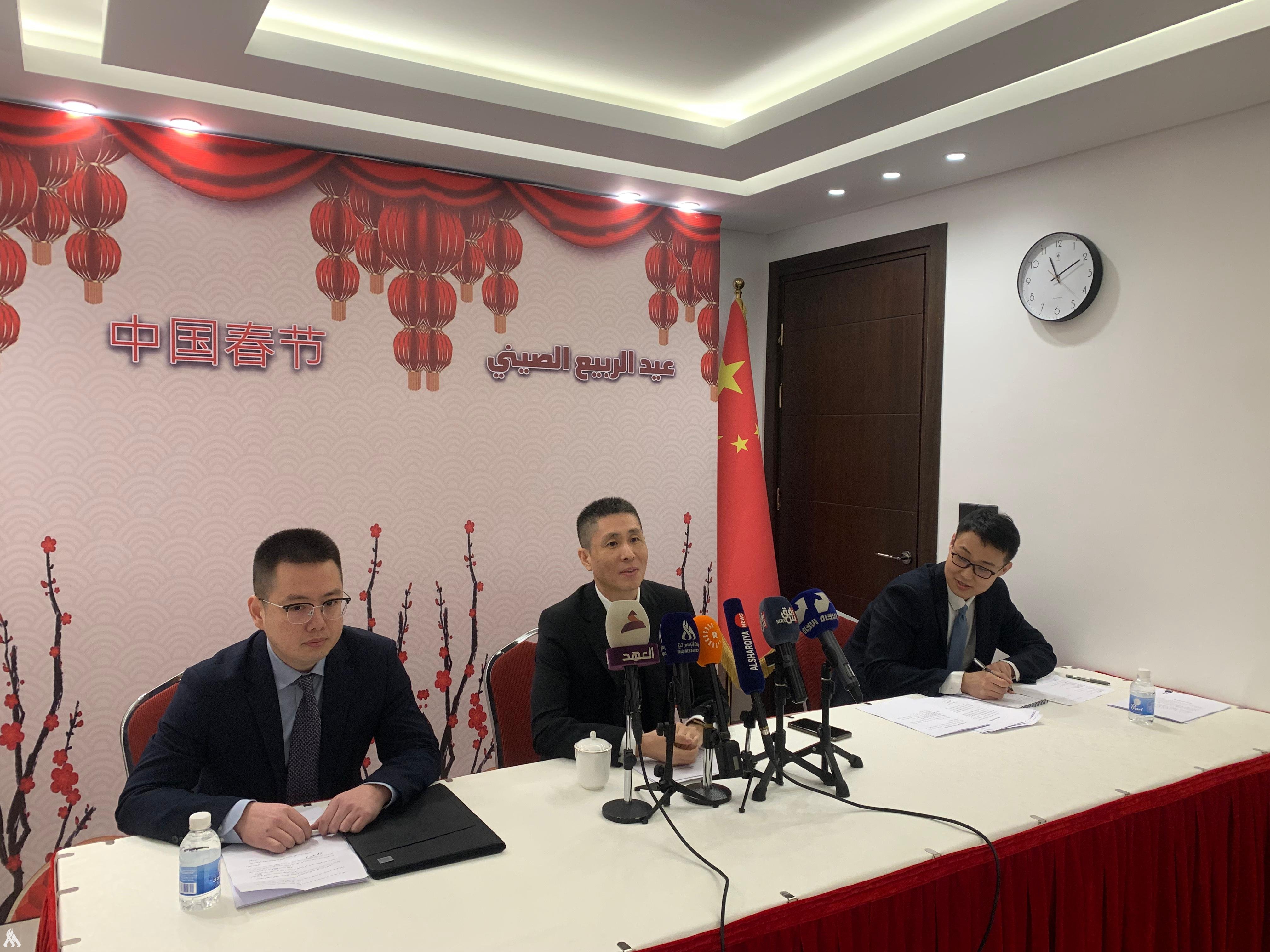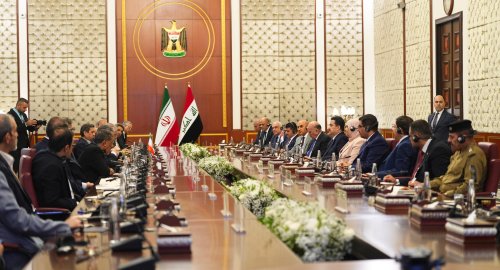
Al-Sudani, the President of Iran Co-Chair Bilateral Discussions and oversee the Signing of 14 Memorandums of Understanding

- 11-09-2024, 13:38
Baghdad-INA
Prime Minister Mohammed S. Al-Sudani and the President of the Islamic Republic of Iran, Masoud Pezeshkian, co-chaired the meeting between delegations of both countries at the Government Palace in Baghdad.
The Prime Minister's Media Office stated in a statement received by the Iraqi News Agency (INA),”The discussions focused on various aspects of cooperation between the two neighboring countries, aiming to achieve mutual interests and benefits. They also reviewed the work of the Joint Higher Committee between Iraq and Iran, which will hold its next meeting in Baghdad. Topics included security cooperation, the joint security agreement, and constructive collaboration in refining industries, energy, and the private sectors of both countries.”
The statement added, “The Prime Minister highlighted the deep religious, social, and historical ties between Iraq and Iran, noting that their geographic proximity makes logistical and transport connections highly significant. He emphasized the importance of completing and implementing agreements, including the Basra- Shalamcheh railway line for passenger transportation.”
It explained ,”President Pezeshkian reiterated the strong ties between the two nations and emphasized the positive impact of their relationship on regional stability he expressed Iran's commitment to joint efforts and growing economic partnerships between the two countries.”
It added,”Both leaders discussed the ongoing aggression in Gaza and the destabilizing actions of the Zionist entity in the region they called for an end to the genocide against Palestinians and urged the international community to fulfill its responsibilities in this matter.”
Prime Minister Al-Sudani and President Pezeshkian presided over the signing of 14 memorandums of understanding covering various sectors, including economy, training cooperation, youth and sports, cultural and artistic exchange, education, media cooperation, telecommunications, religious tourism, free trade zones, agriculture and natural resources, postal services, social protection, vocational and technical training, skilled workforce development, and cooperation between chambers of commerce.
South Korean law enforcement officers detain impeached President Yoon
- International
- 09:00
Sudan Army Denies Involvement In Al-Jazira State Civilian Assaults
- International
- 08:43
Prime Minister meets Khamenei in Tehran
- politics
- 25/01/08
Al-Sudani inaugurates the unified emergency number project (911)
- politics
- 25/01/09

